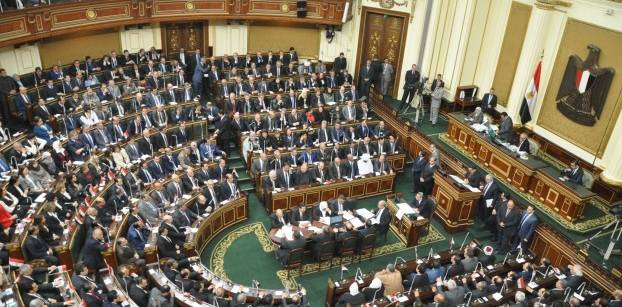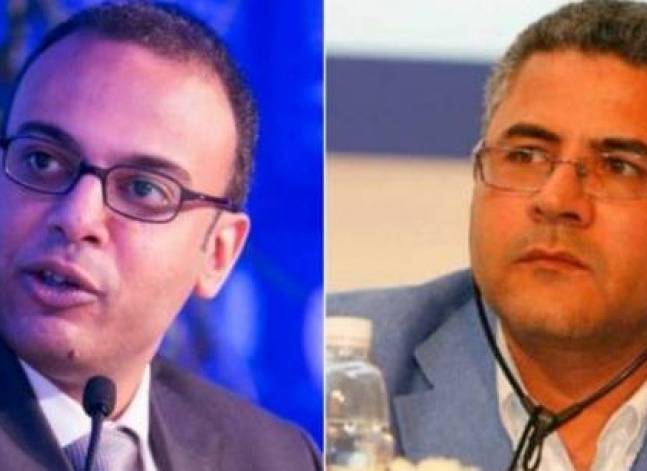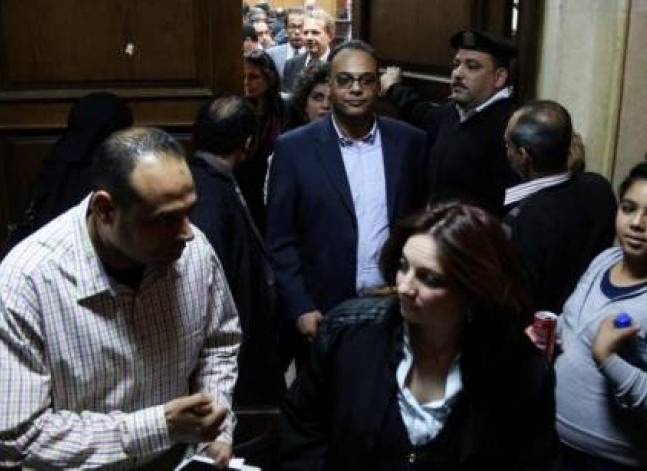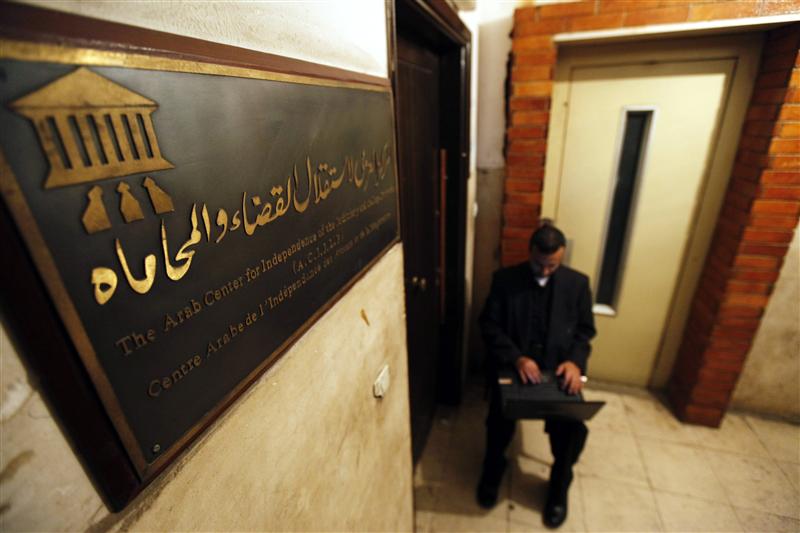Latest NEWS
- Aswat Masriya, the last word
- Roundup of Egypt's press headlines on March 15, 2017
- Roundup of Egypt's press headlines on March 14, 2017
- Former Egyptian President Hosni Mubarak to be released: lawyer
- Roundup of Egypt's press headlines on March 13, 2017
- Egypt's capital set to grow by half a million in 2017
- Egypt's wheat reserves to double with start of harvest -supply min
- Roundup of Egypt's press headlines on March 12, 2017
Political parties, rights groups reject NGO law
House of Representatives members take oath-of-office during first session, on Jan. 10, 2016. ASWAT MASRIYA
CAIRO, Nov 15 (Aswat Masriya) – A number of political parties and civil society organizations condemned the draft NGO law, saying it “effectively eradicates civil society and defers administration of it to the government and security apparatus,” according to a joint statement.
Almost half of the law’s articles were approved by parliament on Sunday, with the remaining articles scheduled for debate on Monday.
“We also condemn parliament’s treatment of civil society as an enemy to be defeated through secret plots and laws,” the statement read.
The law requires NGOs to register under what the statement deems as “broad conditions,” which for example stipulate that the organization doesn’t engage in activity that conflicts with national security and public order.
It will also “give the competent administrative body (as of yet undefined) the power to determine whether an association’s activities correspond with the needs of society and development plans,” the statement said.
The law imposes a sentence of up to five years in prison and a fine of up to LE1 million on organizations that conduct opinion polls or field research, engage in civic association work without registration, or cooperate in any way with any international body—including the UN—without the necessary approval.
It also makes the person responsible for the association’s management criminally liable for any administrative infraction, which the statement said, sets “a dangerous precedent.”
The statement warns that the law could “destroy legally established civic associations working in social development and services,” if approved.
The political parties and rights groups condemned what they deem “parliament’s treatment of civil society as an enemy to be defeated through secret plots and laws.”
The signatory political parties include the Egyptian Social Democratic Party, the Dostour Party, the Socialist Popular Alliance, the Bread and Liberty Party, the Egypt Freedom Party and the Egyptian Popular Current.
The organizations include the Cairo Institute for Human Rights Studies, the Arab Network for Human Rights Information (ANHRI), the Association for Freedom of Thought and Expression (AFTE), the Hesham Mubarak Law Center, Nazra for Feminist Studies, the Egyptian Initiative for Personal Rights (EIPR) among others.
The law comes amid growing restrictions on civil society organizations in Egypt, namely in light of an ongoing case against several of the undersigned groups.
In September, the Cairo Criminal Court accepted the prosecution's request to freeze the assets of a number of human rights defenders and organizations in connection with case No. 173 (2011), in which several rights defenders are accused of operating organisations and receiving foreign funds without a license.














